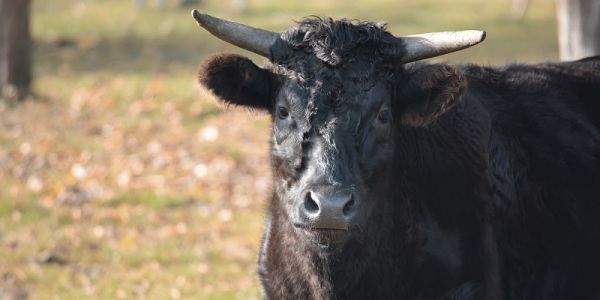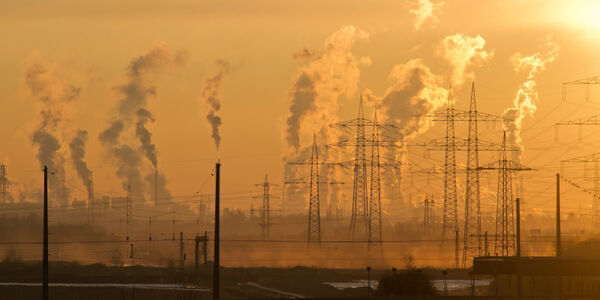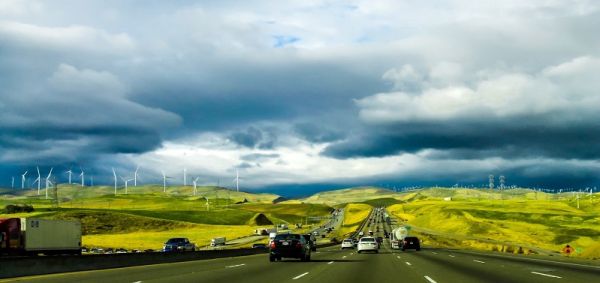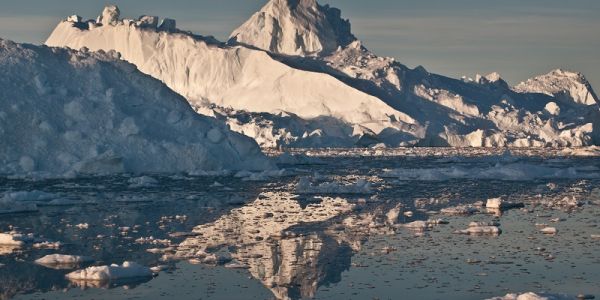
Hard and fast emission cuts will slow warming sooner than expected
A new study shows that strong and rapid action to cut emissions of carbon dioxide and other greenhouse gases will help to slow down the rate of global warming over the next 20 years.

A new study shows that strong and rapid action to cut emissions of carbon dioxide and other greenhouse gases will help to slow down the rate of global warming over the next 20 years.

A major review of palliative care services around the world has highlighted huge inconsistencies in provision, with patients in some countries receiving a fraction of the support provided elsewhere.

Scientists have conducted a ‘molecular dissection’ of a part of the virus that causes foot-and-mouth disease, to try and understand why the pathogen is so infectious.

A new policy institute has launched at the University of Leeds - aimed at strengthening the ties between the University’s world-renowned research community and policymakers around the globe.

A global coalition of leading climate research universities has urged world leaders to act now to avoid catastrophic environmental consequences.

Meltwater lakes that form at glacier margins cause ice to recede much further and faster compared to glaciers that terminate on land, according to a new study.

Rising nitrous oxide emissions are jeopardizing climate goals and the Paris Accord, according to a new international study.

Global energy consumption in 2050 could be reduced to the levels of the 1960s and still provide a decent standard of living for a population three times larger, according to a new study.

Tapping into the myriad uses of plants and fungi could save people and the planet, says new report

Scientists warn that if greenhouse gas emissions continue apace, Greenland and Antarctica’s ice sheets could together contribute more than 39cm to global sea level rise this century.